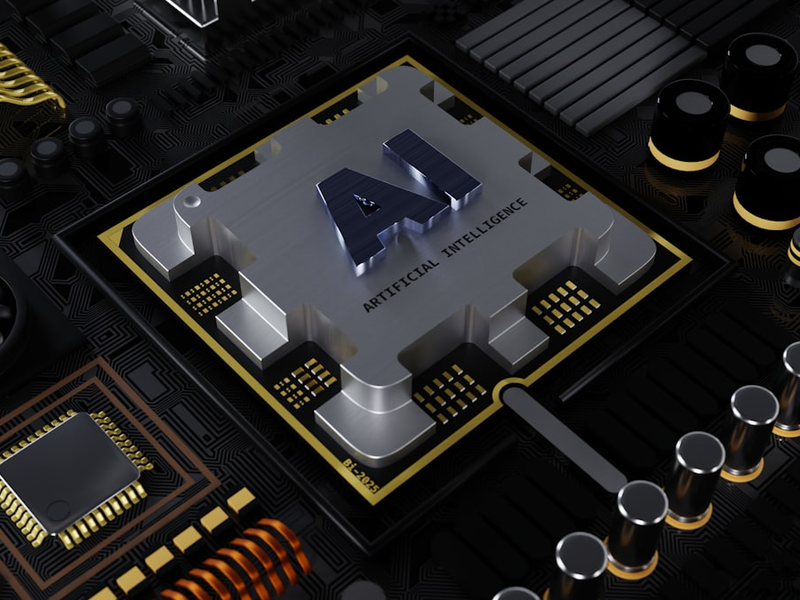AI's Secret Weapon: How Researchers Are Making Smarter, Cheaper Models

Photo by BoliviaInteligente on Unsplash
Tech companies are revolutionizing artificial intelligence through a technique called distillation, which allows them to create smaller, more efficient AI models without sacrificing performance.
Originating from a 2015 Google research paper by Geoffrey Hinton, knowledge distillation enables developers to transfer insights from large, complex “teacher” models into leaner “student” models. This approach solves a critical challenge in machine learning: reducing computational costs while maintaining high-quality outputs.
Recently, innovative research teams like NovaSky at UC Berkeley have demonstrated distillation’s potential, creating advanced reasoning models for less than $450 in training costs. Dacheng Li, a doctoral student involved in the project, highlighted how “distillation is a fundamental technique in AI” that allows for more accessible technological development.
The technique works by extracting nuanced probabilistic information from larger models. Instead of treating all incorrect answers as equally problematic, distillation helps smaller models understand subtle differences between categories, much like how humans learn complex concepts through context and gradation.
Major tech companies including Google, OpenAI, and Amazon now offer distillation services, recognizing its transformative potential. The original research paper has been cited over 25,000 times, signaling widespread academic and industry interest.
As AI continues to evolve, techniques like distillation will be crucial in democratizing access to advanced technological capabilities, allowing smaller teams and organizations to develop sophisticated AI models without enormous computational resources.
The future of artificial intelligence isn’t just about creating larger, more complex systems, it’s about making them smarter, more efficient, and more accessible to everyone.
AUTHOR: mb
SOURCE: Wired
























































